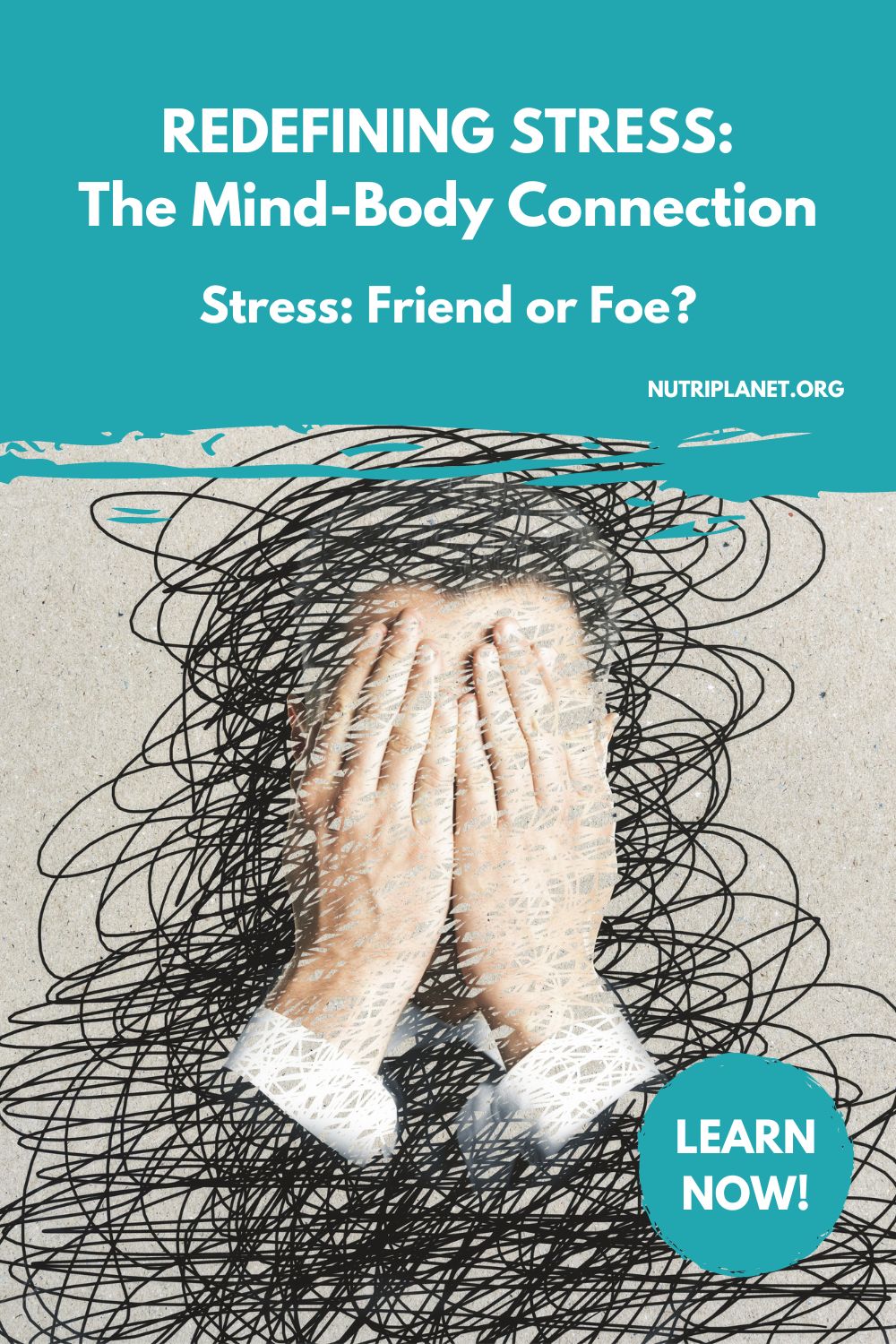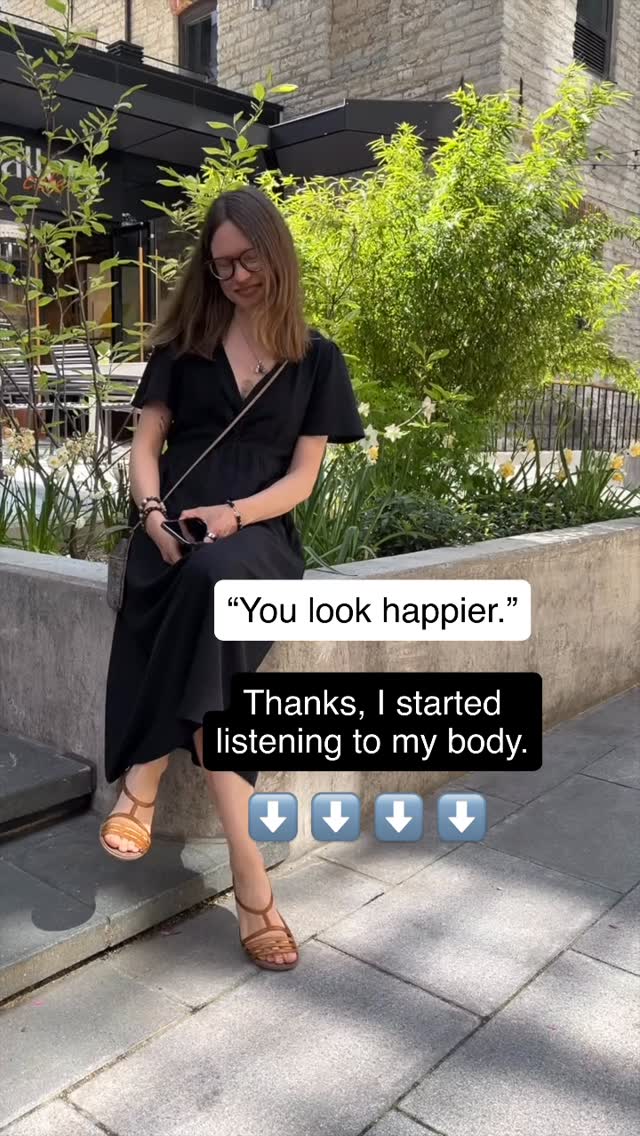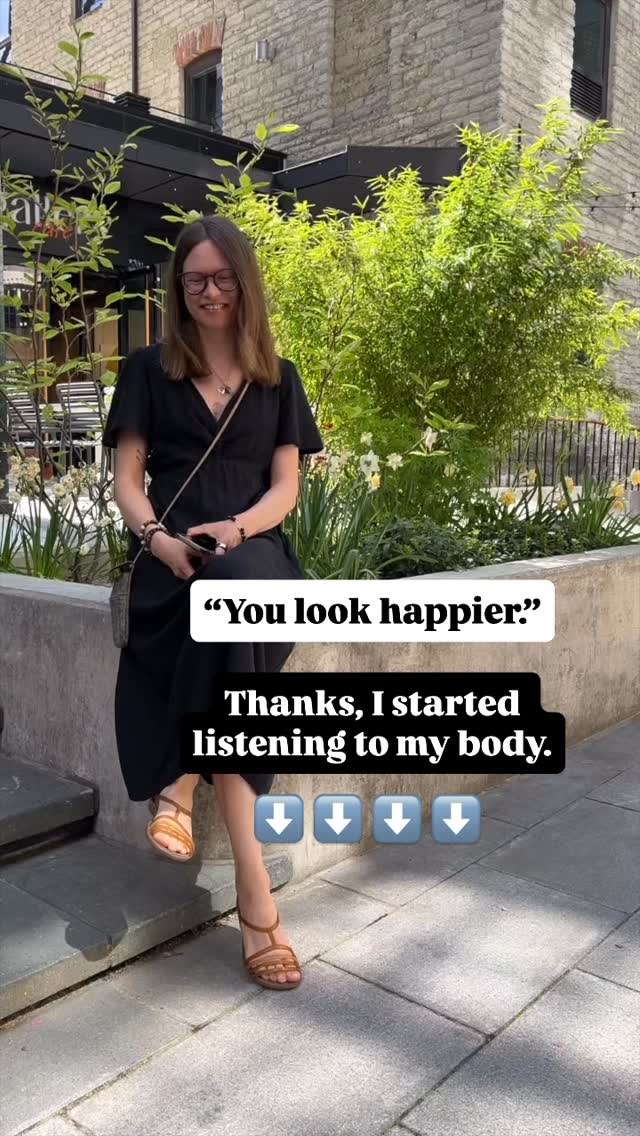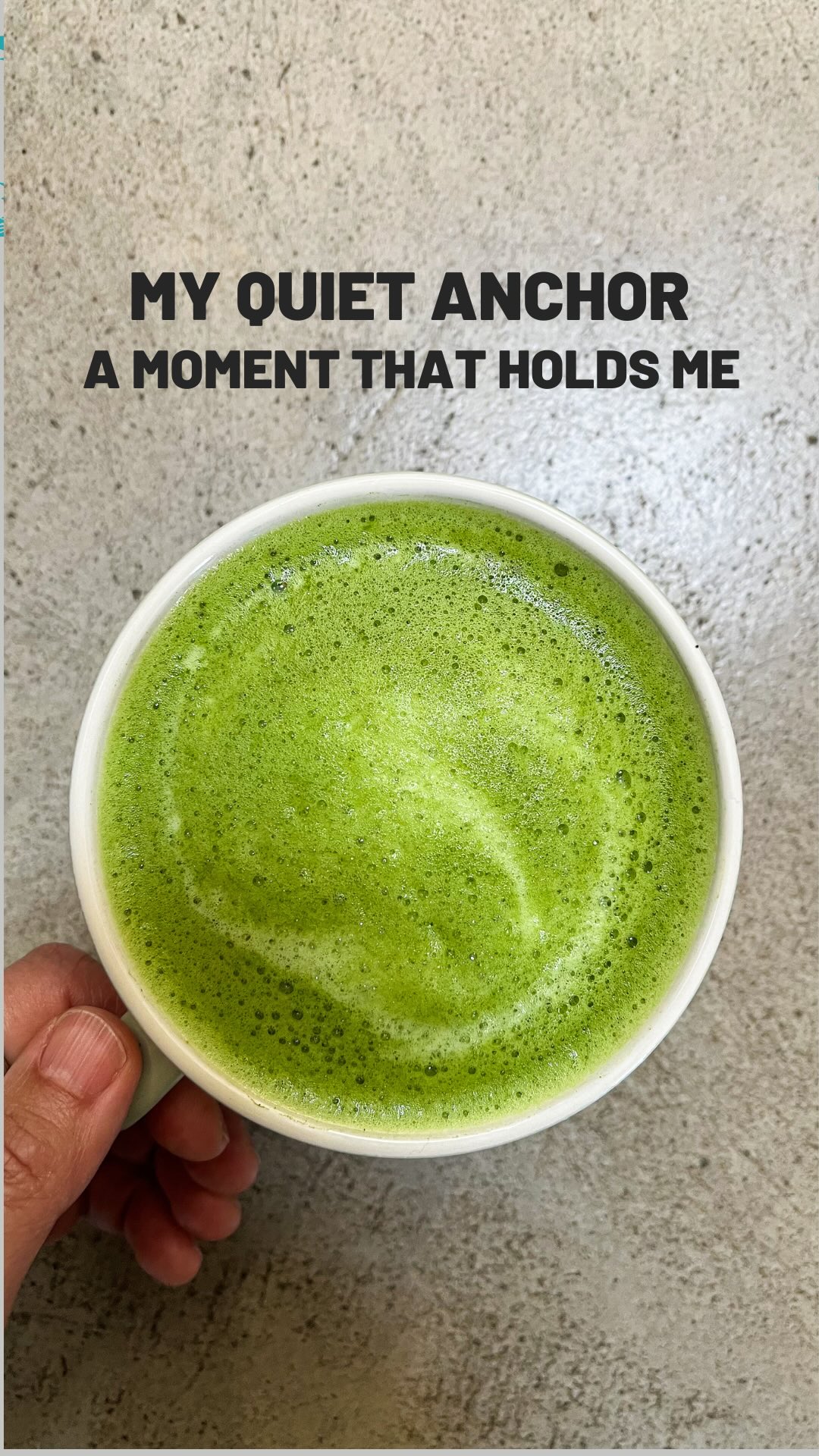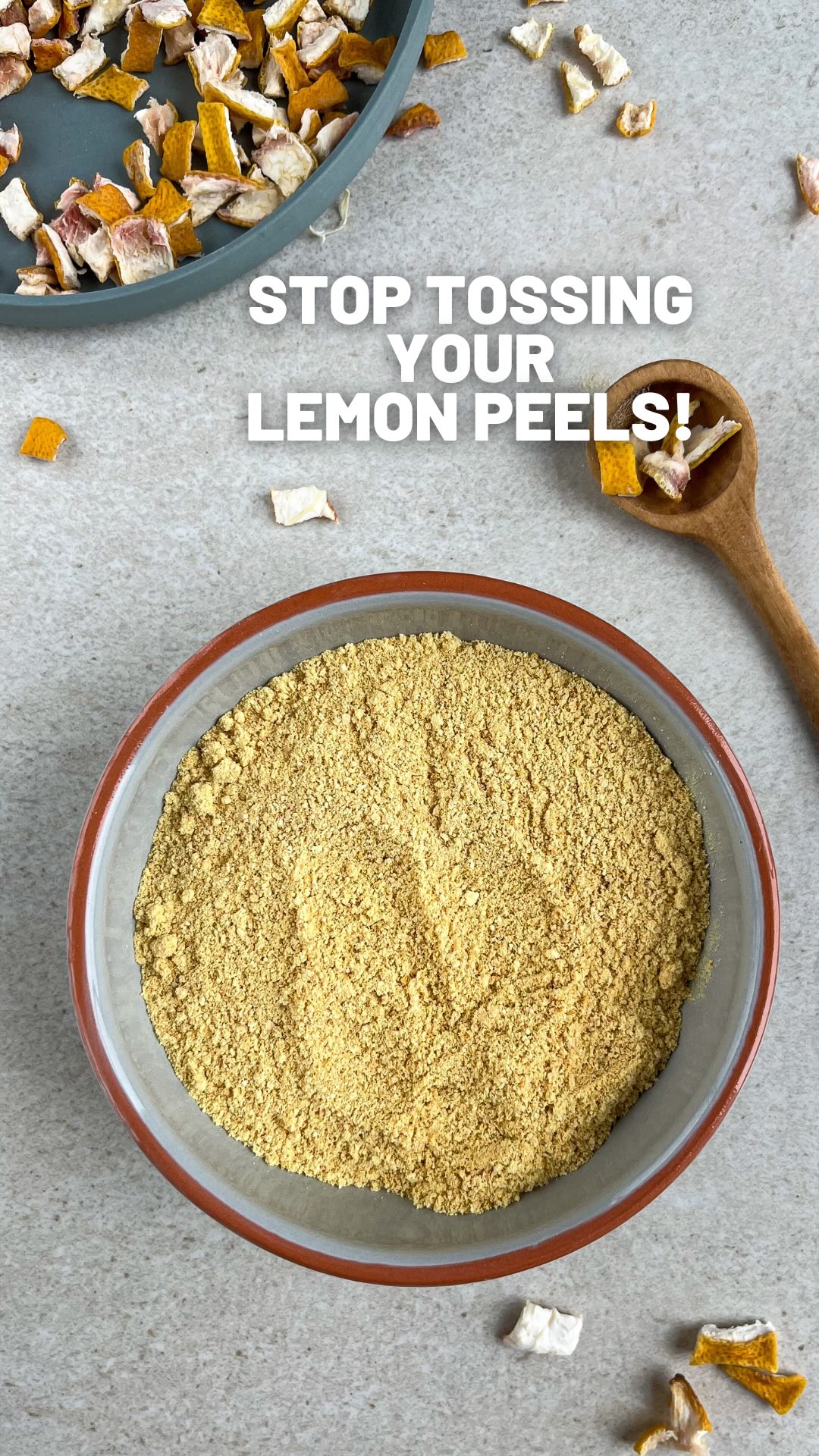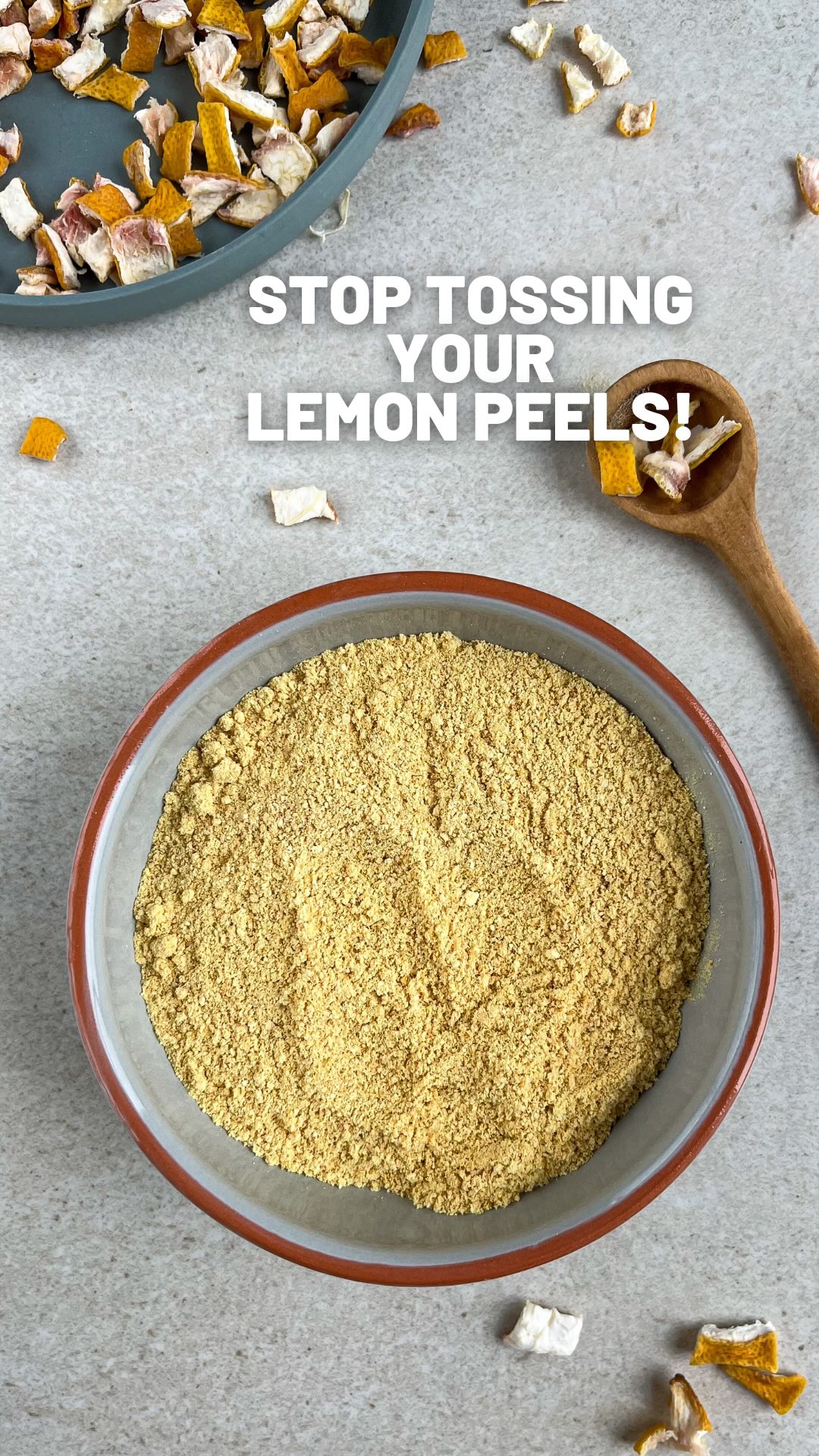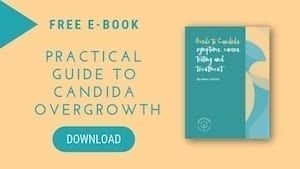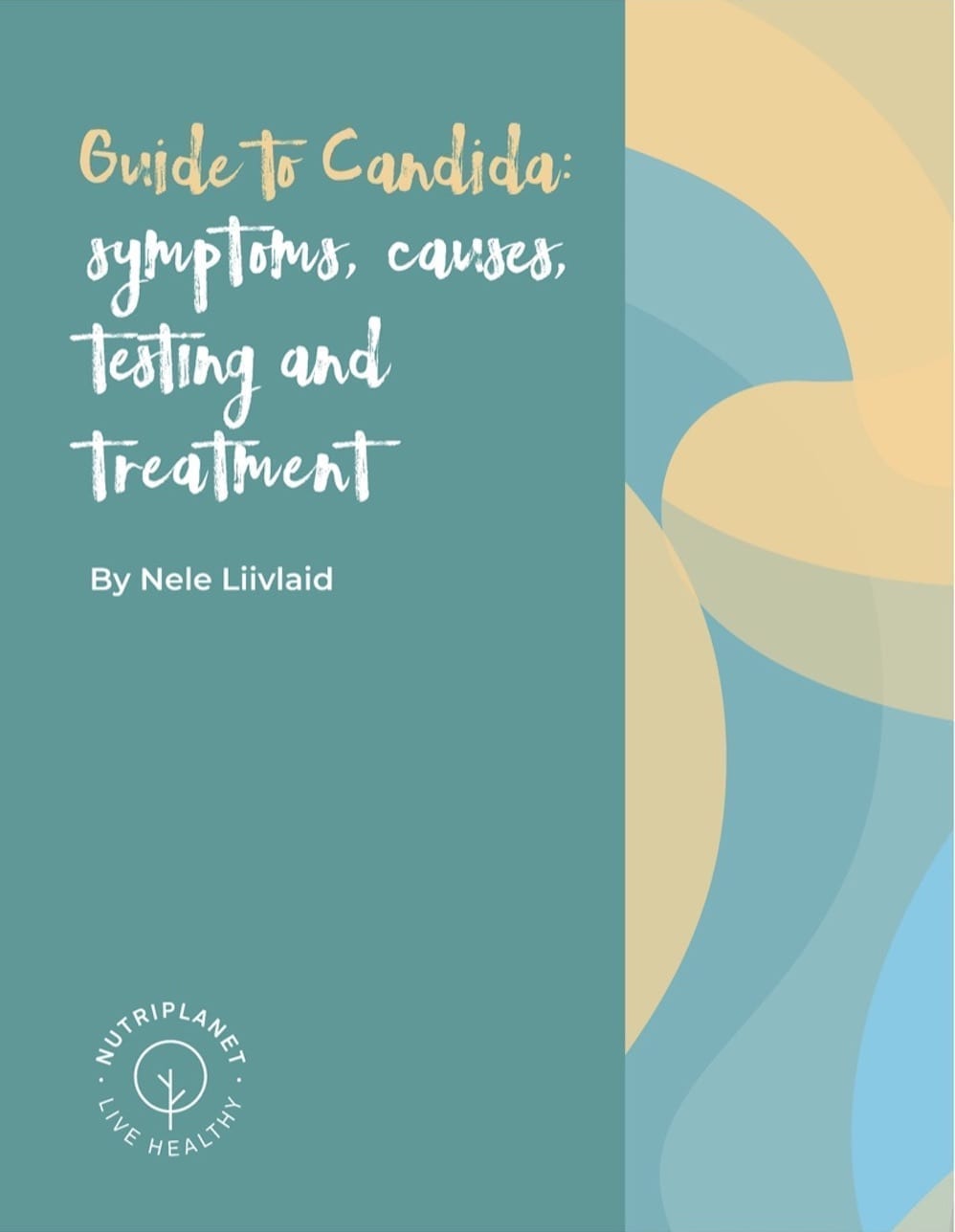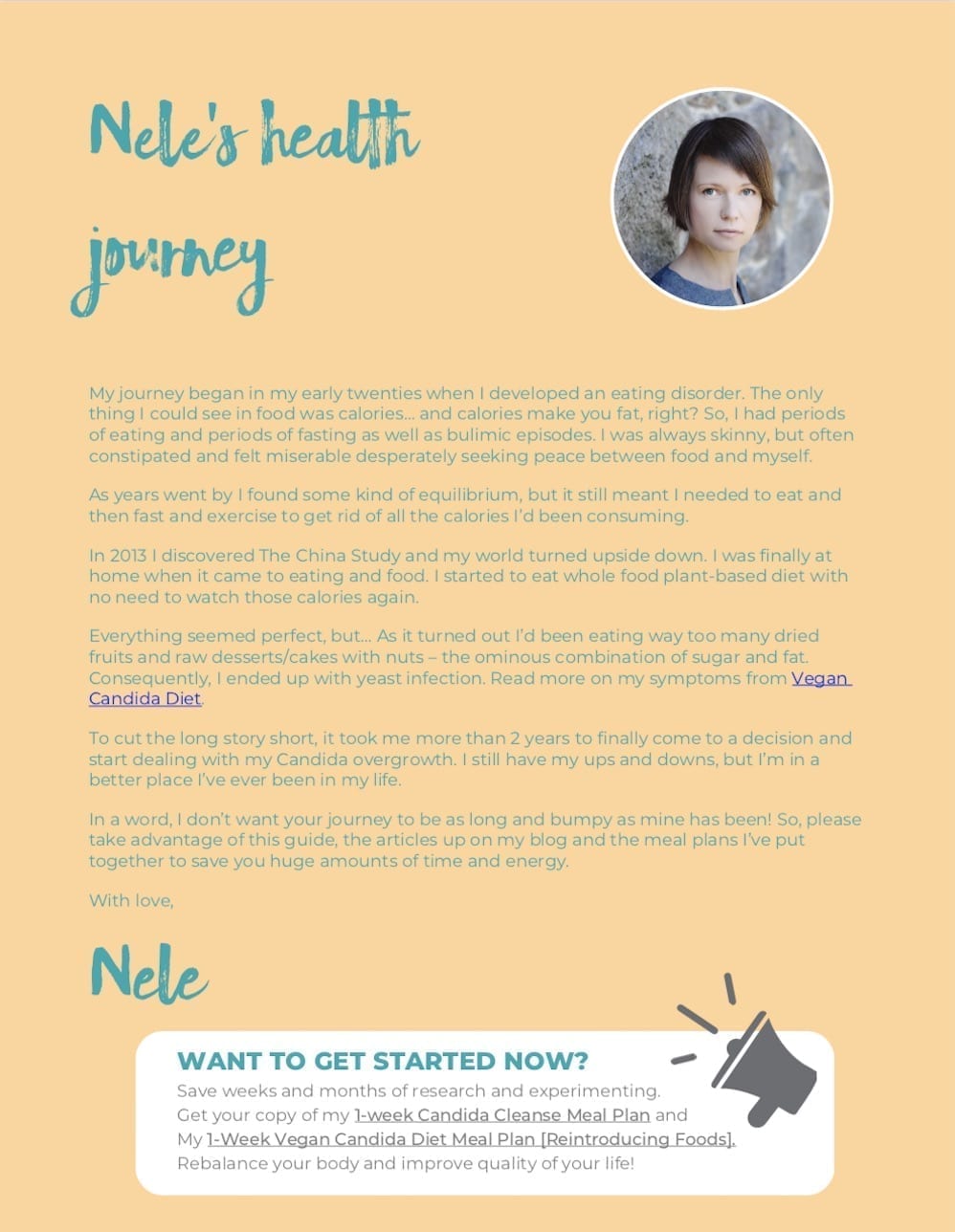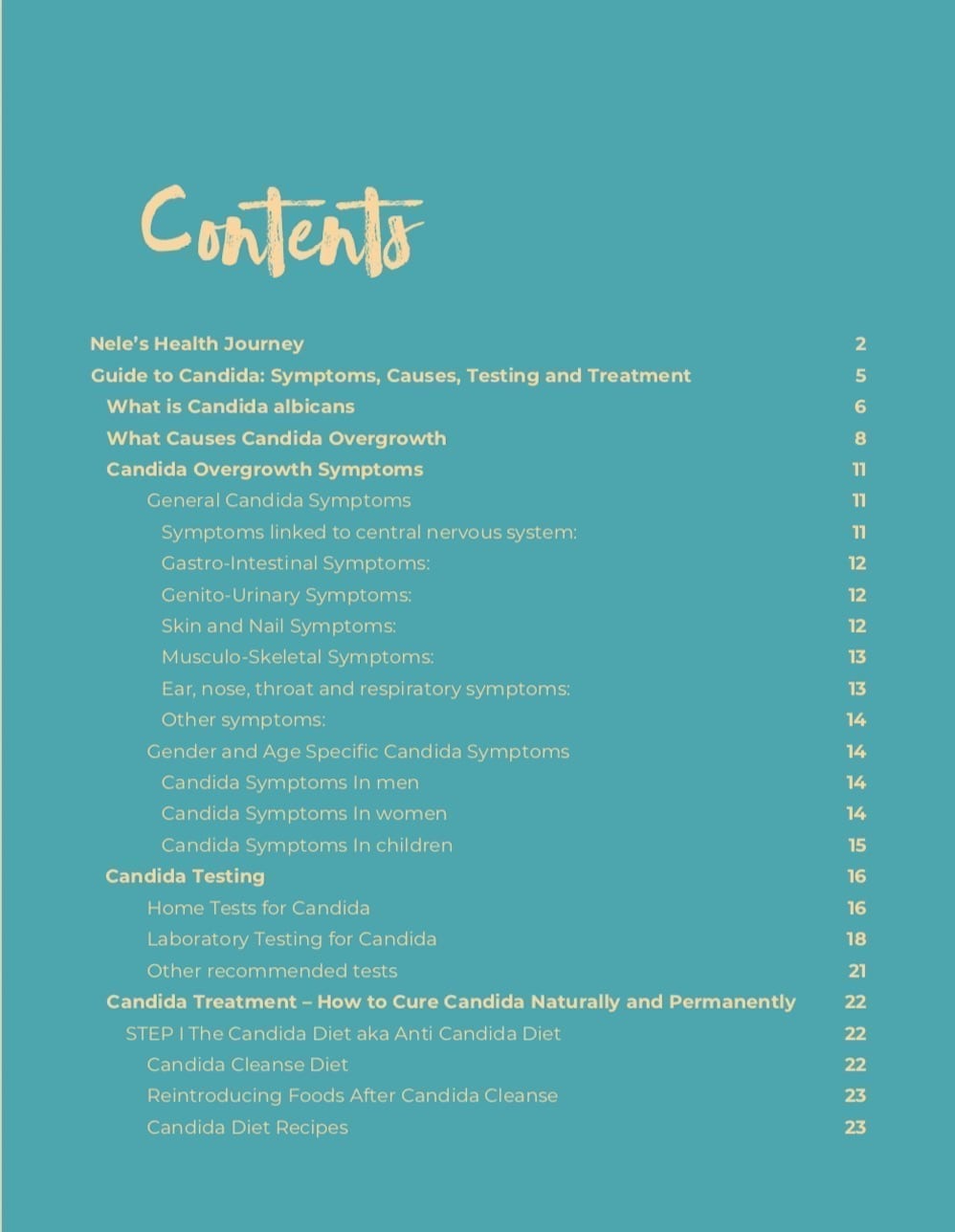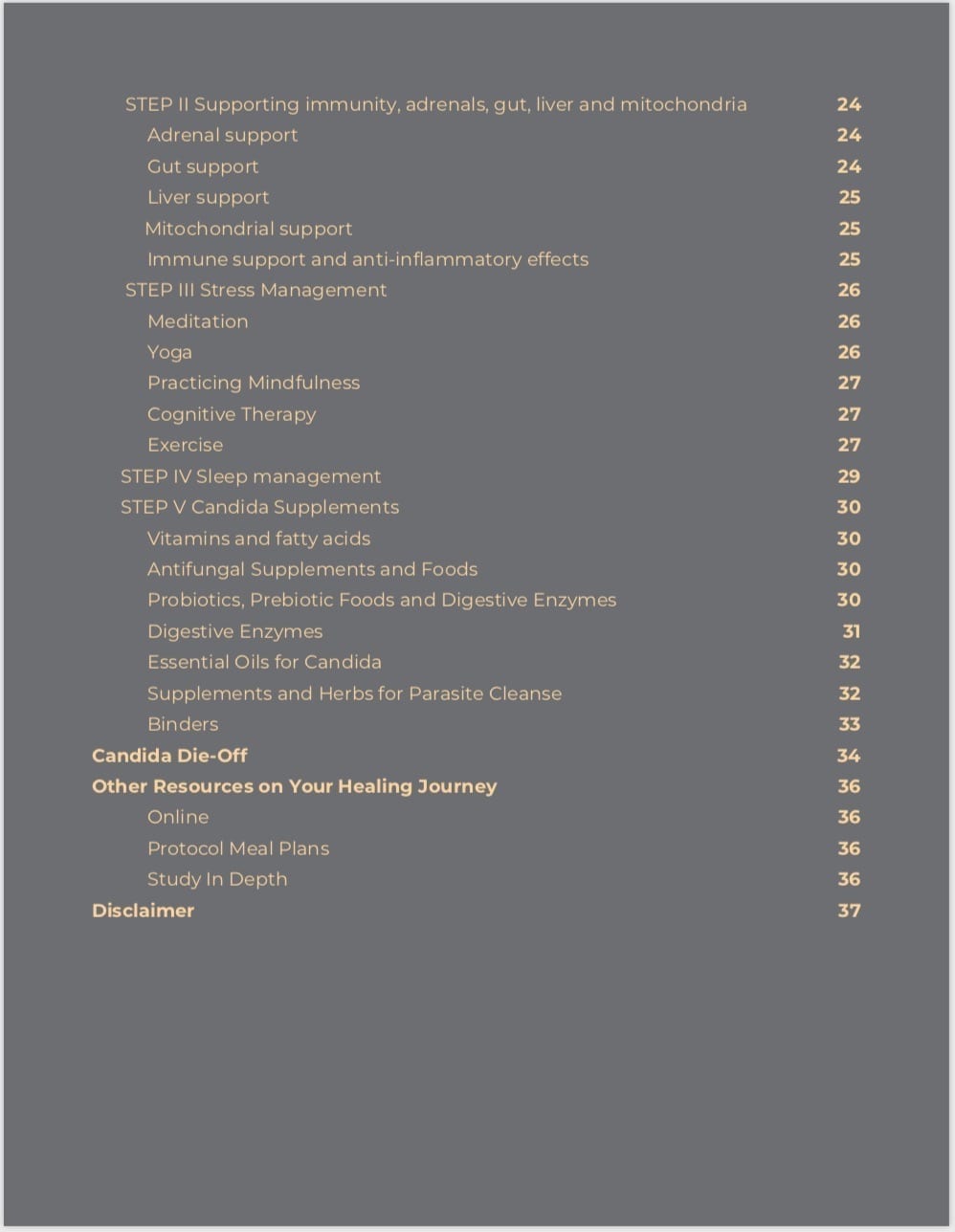Stress – it’s an inevitable aspect of our modern lives. But what if the way we perceive stress is more damaging than stress itself? Drawing inspiration from Kelly McGonigal’s enlightening book, “The Upside of Stress“, let’s challenge the conventional beliefs about stress. And uncover the studies revealing how our very perceptions might be shaping our health outcomes. Ready to embrace the potential upside of stress? Let’s get started.
Listen as podcast on Spotify:
Table of contents
The Upside of Stress
Two episodes back I talked about how crucial stomach acid is for our overall health, how it has critical roles in managing nutrient absorption, regulating the function of the valve between esophageus and stomach, stimulating pancreas to release digestive enzymes, killing bacteria, yeast, and parasites and more. If you haven’t listened to this one, I urge you to as it’s full of life-changing information.
Now, one of the main contributors to firstly high and then low stomach acid that I discussed was stress. If you want to know how it can lead to both conditions (low and high acidity), go, and listen to the episode. In fact, I scared you quite a bit with stress – how you need to get rid of it asap or else… Well, this is what I had read and had been told so far. In fact, when I went to my functional medicine doctor back in April, she caused me more stress and anxiety by emphasizing how detrimental the stress is and how I need to do something quickly or else something really bad is going to happen.
Since then, I’ve read, watched, and listened a lot on the power of our thoughts and how they can change almost every process in our bodies.
For the fundamentals and the science behind it I highly recommend Joe Dispenza’s series Rewired on Gaia.com – it’s a subscription-based platform but to me it’s immensely worth it as I get to learn all about what’s been thought as wuwu stuff but that actually has science and of course anecdotes behind it. It’s not an ad by the way – just a real fan here!
So, when you get into all the information that’s out there, it seems that the way we think might be one of the most important factors that determine whether we’re healthy or ill.
Positive Attitude and Trust Studies
Let’s illustrate these thoughts. For example, people with a positive attitude about aging live longer than those who hold negative stereotypes about getting older. One classic study by researchers at Yale University followed middle-aged adults for twenty years. Those who had a positive view of aging in midlife lived an average of 7.6 years longer than those who had a negative view. To put that number in perspective, for example, exercising, not smoking, and maintaining healthy blood pressure and cholesterol levels, have been shown, on average, to add less than four years to your life span.
Another example of a belief with long-reaching beneficial impact has to do with trust. Those who trust others tend to live longer. In a fifteen-year study by Duke University researchers, 60 percent of adults over the age of fifty-five who viewed others as trustworthy were still alive at the end of the study. On the other hand, 60 percent of those who were more cynical had died.
The New Findings About the Upside of Stress
So, can stress be befriended, without eliminating it entirely?
I was studying for my holistic nutritionist course, nervous system symptomatology to be more precise, and was directed to a Ted talk by Kelly McGonigal and this talk really put all the puzzle pieces together for me.
She started out by telling about a scientific finding from 1998 (so, a while ago). 30,000 adults in the United States were asked how much stress they had experienced in the past year. And they were also asked, Do you believe stress is harmful to your health? What did they find? Eight years later, using the public records, the researchers found out who had died.
Now, indeed stress is bad for you as those who had high levels of stress had increased their risk of dying by 43 percent. But—here comes the punch line—that applied only to people who also believed that stress was harmful to them. On the other hand, people who reported high levels of stress but who did not think of it as something harmful were not more likely to die.
What’s more, they even had the lowest risk of death of anyone in the study, even lower than those who reported experiencing very little stress. So, it’s not stress alone that kills people but rather the combination of stress and the belief that stress is harmful.
To illustrate this issue further, the researchers estimated that over the eight years they conducted their study, 182,000 Americans may have died prematurely because they believed that stress was harming their health. This is over twenty thousand deaths a year! According to statistics from the Centers for Disease Control and Prevention, that would make “believing stress is bad for you” the fifteenth-leading cause of death in the United States. Digest that!
What About Stress Management?
In the light of all that I’ve been telling, should you forget about stress management techniques? No, definitely not. Good sleep hygiene, deep breathing, movement, mindfulness, real deep connections with others is all extremely important but it might be that you lessen their benefits by fearing the stress. Can you imagine a life without any stress? I don’t think it’s possible! So, it would be wise to learn to live with it, isn’t it so?
In fact, the latest science reveals that stress can make you smarter, stronger, and more successful. It can help you learn and grow, and even inspire courage and compassion. All in all, changing your mind about stress can make you healthier and happier.
Kelly McGonigal, in her book The Upside of Stress confesses that embracing stress has helped her in the most difficult situations like dealing with the death of a loved one, coping with chronic pain, and even overcoming a paralyzing fear of flying.
That’s also what she’s heard from her students. The stories they share usually aren’t about getting better at juggling deadlines or dealing with an irritating neighbour. They are about coming to terms with the loss of a spouse. Facing a lifelong struggle with anxiety. Making peace with a past that includes childhood abuse. Losing a job. Getting through cancer treatment. It might all be because of how you think about yourself and what you can handle.
The Social Stress Test Study
When you’re in a stressful situation requiring you to perform – either an exam, presentation, job interview, or major public performance, and you start to feel your heart rate going up, try to think of your physical symptoms as an ally as opposed to an enemy. Adrenaline is being pumped and your blood vessels dilate so that you can perform better – this is your body’s way of supporting you to get through this situation the best way possible.
The typical body’s response to stress is that your heart rate goes up and your blood vessels constrict. And this is one of the reasons that chronic stress is associated with cardiovascular disease. Now, there was a study conducted at Harvard University. Before the participants were put through a social stress test. They were taught to rethink their stress response as helpful. That their body is energised and is preparing them to meet this challenge. That pounding heart is preparing you for action, if you’re breathing faster, it’s getting more oxygen to your brain.
The ones who learned to view their stress response as helpful, were less stressed out, less anxious, more confident. The fascinating fact is how their physical response changed. Remember, I said that usually your blood vessels constrict in stressful situation. Well, those people’s blood vessels stayed relaxed despite the fact that their heart was pounding. It actually looked a lot like in the moments of joy and courage. So, if you view your stress in a positive way, your body believes you and your stress response becomes healthier.
What’s Next?
I don’t know about you, but I definitely want to give this approach a go. I think I ought to make another episode when I’ve experimented for a few months and either do see or don’t see any changes and share which tools were the most and least helpful for me. Is this something you’d be interested in hearing? Let me know! Furthermore, I’d be very interested to know whether you have tried this approach and what were the results. I’d love to share your experience with others if you find it helpful.
Disclosure: this post contains affiliate links. As an Amazon Associate I earn from qualifying purchases. For every purchase made from the links in this post, you’ll be able to support my work. So you can look after your health, and contribute to my mission at the same time. Thank you!
Feel free to PIN the image below!
